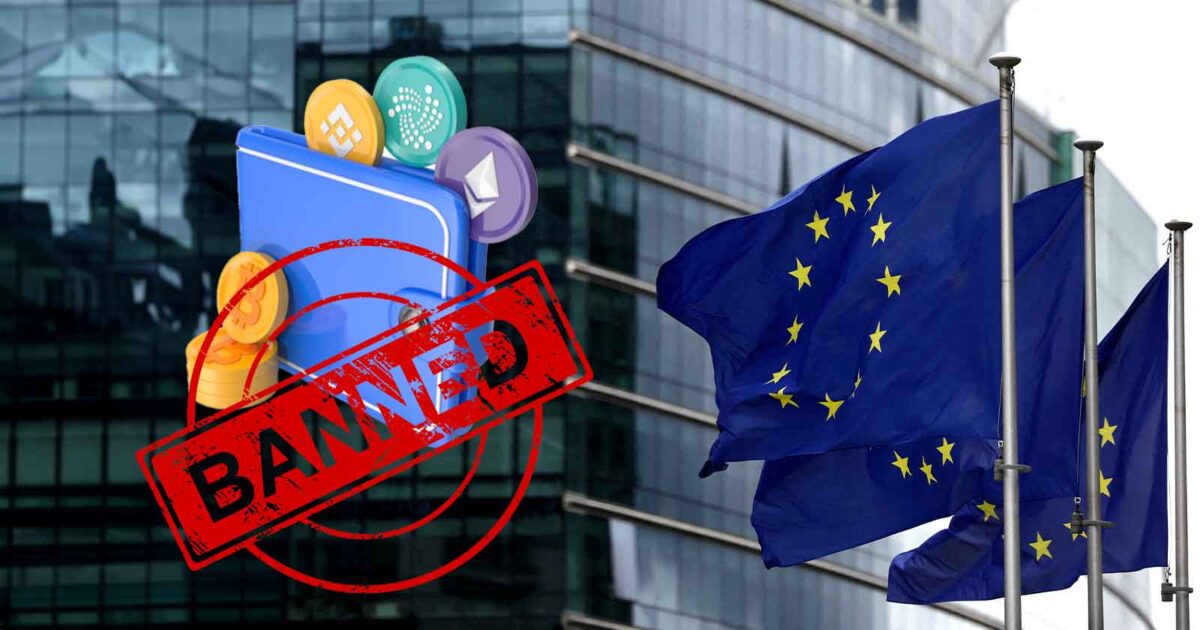
The EU has recently implemented a new directive to crack down on money laundering by prohibiting the use of anonymous, privately managed crypto wallets for any transaction, regardless of its value.
A spokesperson from the European Parliament disclosed that the directive received approval from the majority of the EU Parliament’s leadership committee on Thursday.
This fresh regulation, designed to combat money laundering, introduces restrictions on cash transactions and prohibits all anonymous cryptocurrency transactions. Specifically, it renders any cash transaction exceeding €10,000 and any anonymous cash transaction over €3,000 illegal.
EU legislation
This legislation specifically targets transactions from private, unregistered crypto wallets to regulated service providers, effectively curtailing their usage due to the inherently anonymous and permissionless nature of cryptocurrency networks.
The regulation mandates heightened monitoring of cryptocurrency asset transfers and necessitates crypto businesses to implement stringent due diligence practices to deter money laundering. The scope of entities required to comply with these regulations has broadened to encompass most of the cryptocurrency industry, prompting thorough background checks on customers.
The legislation also underscores the importance of maintaining detailed records of actual beneficiaries, with the aim of disclosing the true owners or controllers of legal entities. This initiative will compel a wide range of entities, including banks, real estate firms, and cryptocurrency businesses, to enhance their customer verification processes.
The latest EU regulations are bringing significant changes to how crypto is offered, managed, and traded in the region. Just last week, the leading exchange OKX announced the delisting of USDT trading pairs in the region, aligning with the rules imposed on stablecoins by the forthcoming MiCA regulations.



